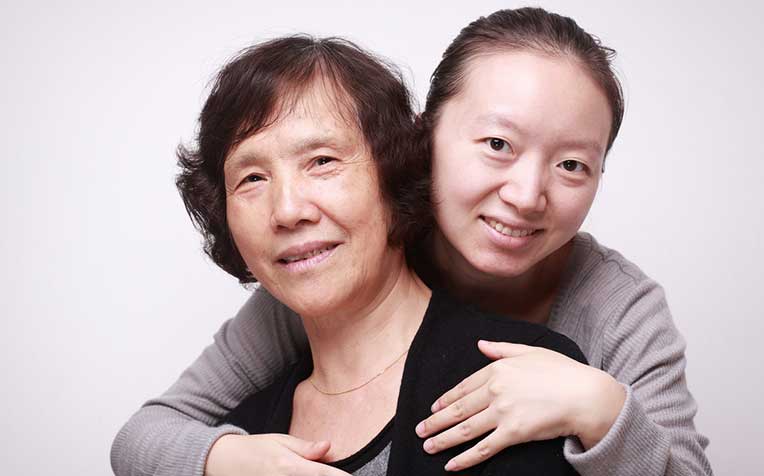
Advance Care Planning (ACP) and Advance Medical Directive (AMD) are sensitive conversations that should take place early when a loved one is in good health and not put it off till during an emergency.
When you enjoy good health, it is hard to imagine a time when you would be unable to express your wishes about your health care to a loved one.
“But when crisis suddenly strikes, and your family is left to guess or speculate what your preferences might be. They will be placed under much stress, having to make difficult decisions for you. How can such a situation be made less stressful? With advance care planning (ACP), you can plan ahead and make your wishes known earlier,” says Shi Jin, Senior Advance Care Planning Coordinator, Department of General Medicine, Sengkang General Hospital (SKH), a member of the SingHealth group.
Why planning for the future matters
Having conversations with loved ones in advance about your wishes and preferences allow you to have a shared understanding of what matters to you. Making a plan gives them the assurance and peace of mind that they are fulfilling your wishes. It also guides the healthcare team on how best to care for you.
As you discuss your wishes and preferences in your ACP, questions about completing legal documents such as the Advance Medical Directive (AMD) and the Lasting Power of Attorney (LPA) may arise.
Here is a comparison between Advance Care Planning (ACP) and Advance Medical Directive (AMD):
Advance Care Planning (ACP): What it is, who is it for and when does it take effect
What is it?
Advance care planning (ACP) will guide your loved ones/caregivers and the medical team to make decisions on your behalf during an emergency. This plan is accessible to all public healthcare institutions when needed. The ACP conversation covers some aspects of the AMD and LPA.
Who is it for?
Anyone, regardless of age, and especially for those with medical conditions.
When does it take effect?
When you lose mental capacity and critical healthcare decisions need to be made.
Is it legally binding?
ACP is not a legal document. It helps loved ones make future healthcare decisions for you. Those with medical conditions can get their ACPs done at public hospitals, polyclinics and/or national health centres. ACP is guided by the Mental Capacity Act in Singapore.
Can an advance care plan be changed?
Contact your ACP facilitator to change your care plan.
Advance Medical Directive (AMD): What it is, who is it for and when does it take effectWhat is it?
An Advance Medical Directive (AMD) is a legal document signed in advance, stating your personal decision to stop life-sustaining treatment if you become terminally ill, incapable of expressing decisions and death is imminent. Healthcare professionals can access it only when you are terminally ill, provided they are informed about it.
Who is it for?
Any adult of at least 21 years of age, with mental capacity.
When does it take effect?
When you are terminally ill and have lost your mental capacity to make end-of-life healthcare decisions.
Is it legally binding?
An AMD is a legal document that has to be signed in the presence of two witnesses, including your doctor. You do not need a lawyer or legal advice to make one. The document is made under the Advance Medical Directive Act in Singapore.
Can an advance medical directive be changed?
You can revoke or terminate an AMD at any time by signing a revocation form in the presence of at least one witness.
For more details on AMD, visit www.moh.gov.sg/content/moh_web/home/policies-and-issues/advance_medical_directiveamd.html

Read on to find out what is a Lasting Power of Attorney (LPA), who is it for and can you change your mind after signing one.
Ref: N18


















 Get it on Google Play
Get it on Google Play